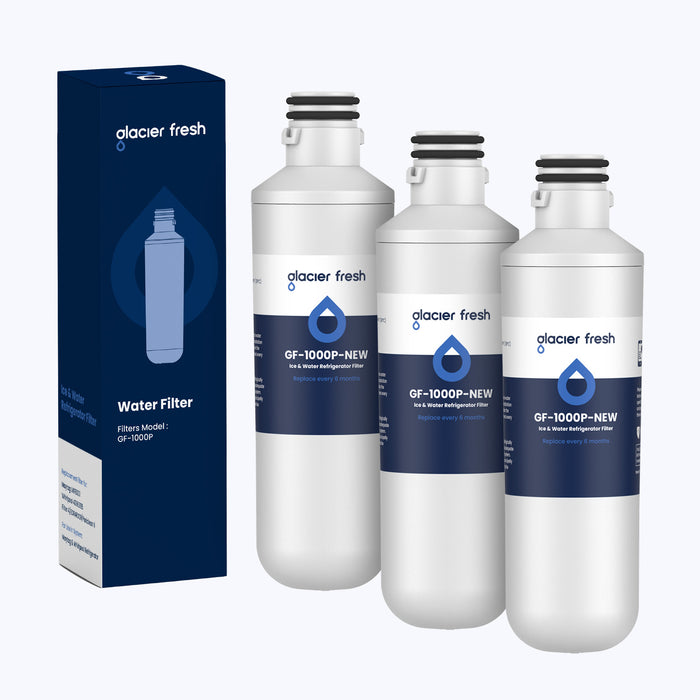When it comes to choosing the right fridge filter for your LG refrigerator, it's important to understand the different types available and how they can benefit you. With so many options on the market, it can be overwhelming to determine which one is the best fit for your needs. In this article, we will explore the various types of LG fridge filters and help you make an informed decision.
The Importance of Clean Water
Before delving into the different types of LG fridge filters, it's crucial to understand the significance of clean water. Water is an essential component of our daily lives, and ensuring its purity is vital for our health and well-being. LG fridge filters play a crucial role in removing impurities and contaminants from your drinking water, providing you with clean and refreshing water every time.
Understanding the Different Types of LG Fridge Filters
LG offers a range of fridge filters to cater to different needs and preferences. Let's explore some of the most common types:
1. Carbon Filters
Carbon filters are the most popular type of fridge filters due to their effectiveness in removing chlorine, sediment, and unpleasant odors from water. These filters use activated carbon to absorb impurities, leaving you with clean and great-tasting water. Carbon filters are an excellent choice for those who want to improve the taste and odor of their water.
2. Reverse Osmosis Filters
Reverse osmosis filters are known for their ability to remove a wide range of contaminants, including heavy metals, bacteria, and viruses. These filters use a semi-permeable membrane to separate impurities from water, ensuring that you have the purest drinking water possible. Reverse osmosis filters are ideal for those who want the highest level of filtration.
3. Sediment Filters
Sediment filters are designed to remove larger particles such as sand, dirt, and rust from water. These filters are typically used as a pre-filter in combination with other types of fridge filters to enhance their overall performance. Sediment filters are a great choice for those who have well water or live in areas with high sediment content in their water supply.
4. Alkaline Filters
Alkaline filters are gaining popularity due to their ability to raise the pH level of water, making it less acidic and more alkaline. These filters use minerals such as calcium and magnesium to add beneficial minerals to your water, resulting in a healthier and more refreshing drinking experience. Alkaline filters are an excellent choice for those who want to improve the pH balance of their water.
Choosing the Right LG Fridge Filter for You
Now that you have a better understanding of the different types of LG fridge filters, it's time to choose the one that is right for you. Consider the following factors:
- Your water quality: If your water has a strong chlorine taste or odor, a carbon filter would be a suitable choice. If you have concerns about contaminants such as heavy metals, a reverse osmosis filter may be the best option.
- Your specific needs: If you prefer alkaline water or want to remove sediment from your water, consider an alkaline filter or a sediment filter, respectively.
- Your budget: Different types of fridge filters vary in cost. Consider your budget and choose a filter that meets your needs without breaking the bank.
By considering these factors, you can select the LG fridge filter that aligns with your requirements and preferences, ensuring that you have clean and refreshing water at all times.
Conclusion
Understanding the different types of lg fridge filters is essential for making an informed decision about the right filter for you. Whether you choose a carbon filter, reverse osmosis filter, sediment filter, or alkaline filter, each type offers unique benefits to enhance the quality of your drinking water. Remember to consider your water quality, specific needs, and budget when selecting the perfect LG fridge filter for your refrigerator.
